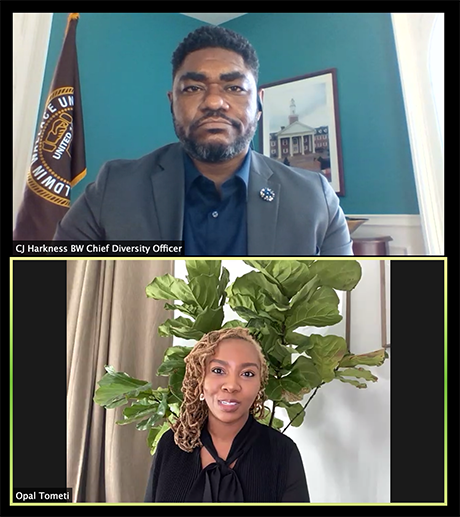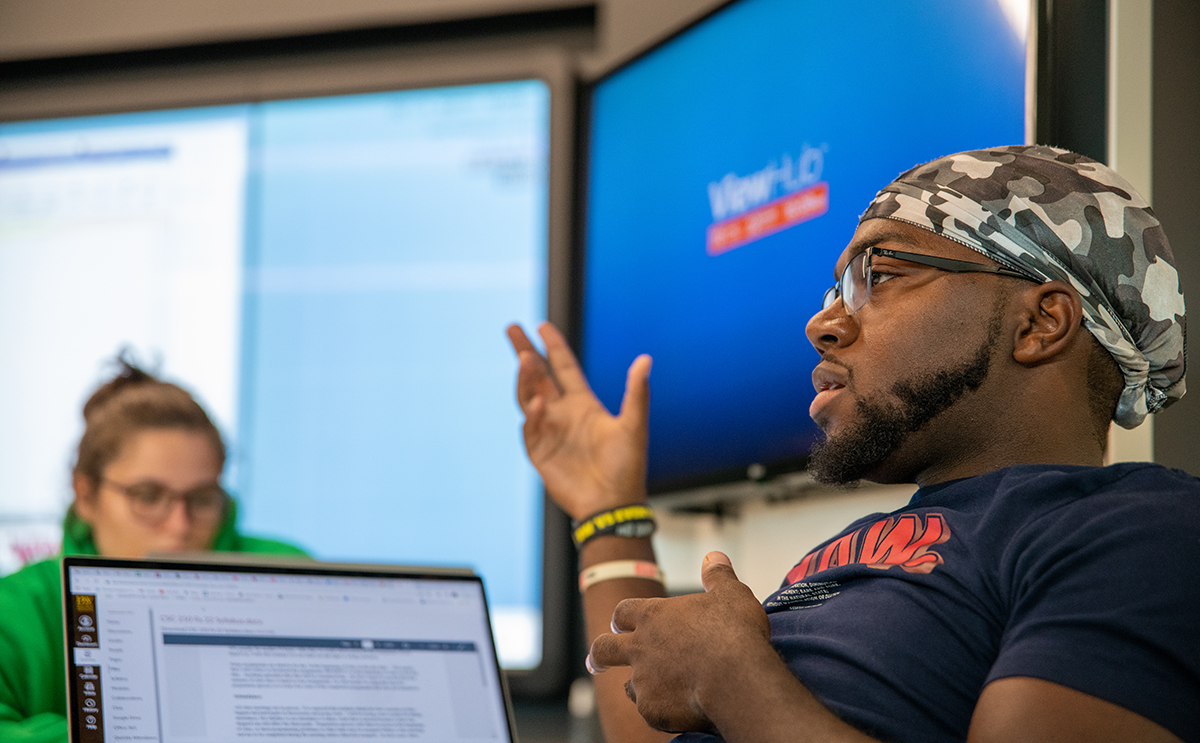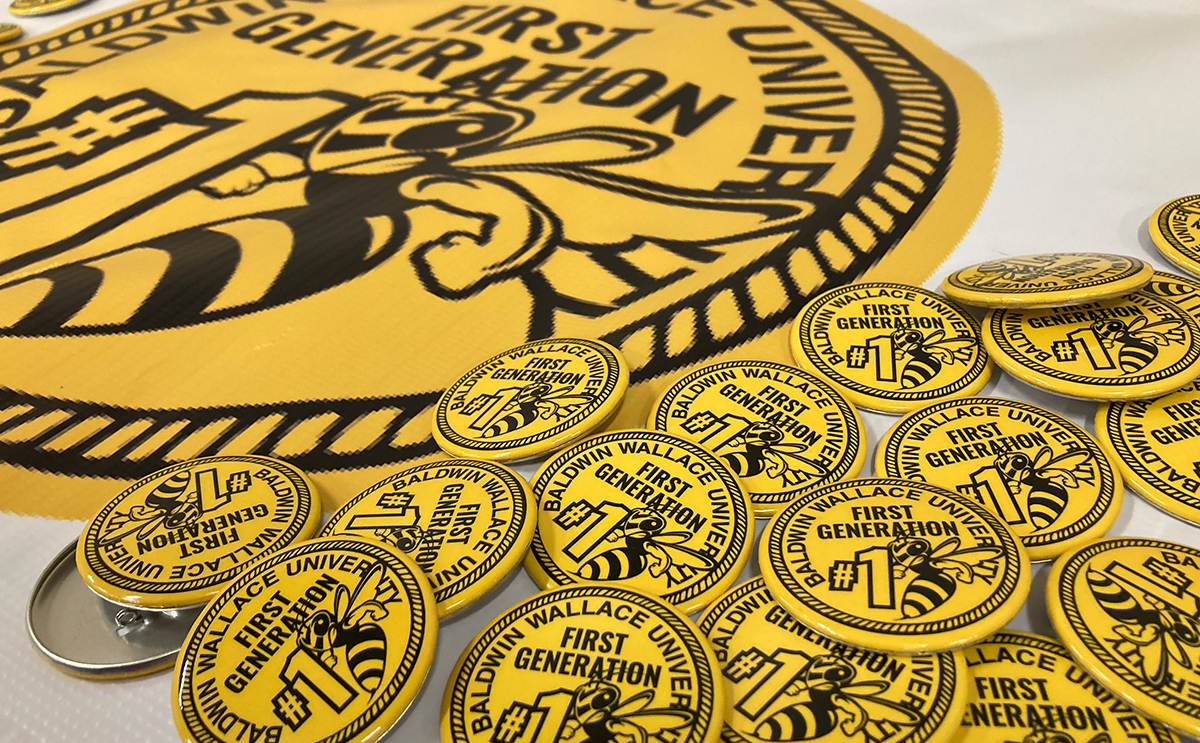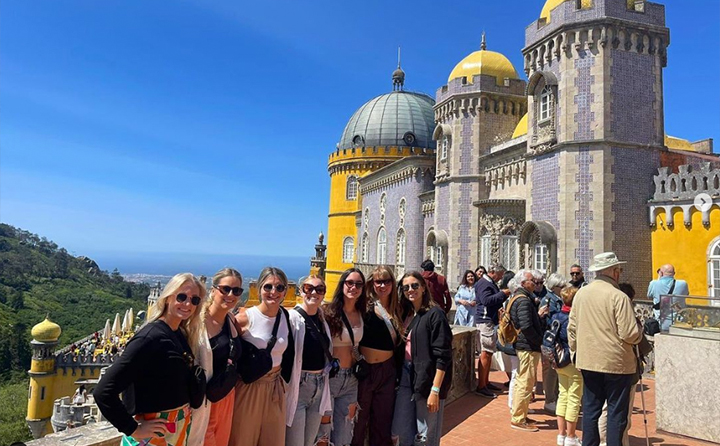Human rights activist, Black Lives Matter co-founder, speaks at BW MLK Day event
A simple hashtag may have provided the initial spark, but #BlackLivesMatter has grown into a global movement for racial equity since its founding in 2013.
Recounting the origin story, co-founder Opal Tometi, lauded as one of the most influential human rights leaders of our time, told a Baldwin Wallace University audience that building a movement "with a capital 'M'" was the original intention.
"It's bigger than any of us who coined that initial phrase," she said.
MLK Day Keynote
 Named
by
Time
Magazine
as
one
of
the
"100
Most
Influential
Women
of
the
Last
Century,"
Tometi
appeared
as
BW's
annual
Martin
Luther
King
Jr.
Day
Keynote
speaker
-
a
virtual
event
this
year
-
with
a
Q&A
led
by
BW's
Chief
Diversity
Officer
C.J.
Harkness.
Named
by
Time
Magazine
as
one
of
the
"100
Most
Influential
Women
of
the
Last
Century,"
Tometi
appeared
as
BW's
annual
Martin
Luther
King
Jr.
Day
Keynote
speaker
-
a
virtual
event
this
year
-
with
a
Q&A
led
by
BW's
Chief
Diversity
Officer
C.J.
Harkness.
Tometi
told
about
300
students,
faculty
and
others
in
attendance
that
Black
Lives
Matter
is
focused
on
more
than
the
issue
of
police
brutality;
it
shines
a
light
on
how
racism
leads
to
inequity
in
education,
healthcare,
employment
and
all
aspects
of
life
in
America.
Naming and acting against racism
Tometi cited Dr. King's quote, "Our lives begin to end when we are silenced about the things that matter," and added, "That is the essence of Black Lives Matter. We have to name things explicitly if we're going to deal with them."
Responding to a question about what strategies might help BW build a stronger anti-racist culture on campus, Tometi suggested a tangible investment in resources and action.
"Every campus is different ... but awareness is NOT the end goal." Instead, the Coretta Scott King Center Legacy Award-winner advised, "The real change comes when we act."
Enduring Questions
Tometi's appearance, which included a small group meeting with student leaders following her keynote, was part of BW's observance of Martin Luther King Jr. Day and an Enduring Questions: The Mark Collier Lecture Series event.
Sponsors included the BW Center for Inclusion and Diversity, Center for Innovation & Growth (CIG), Academic and Cultural Events Series (ACES) and the Brain Center for Community Engagement.



